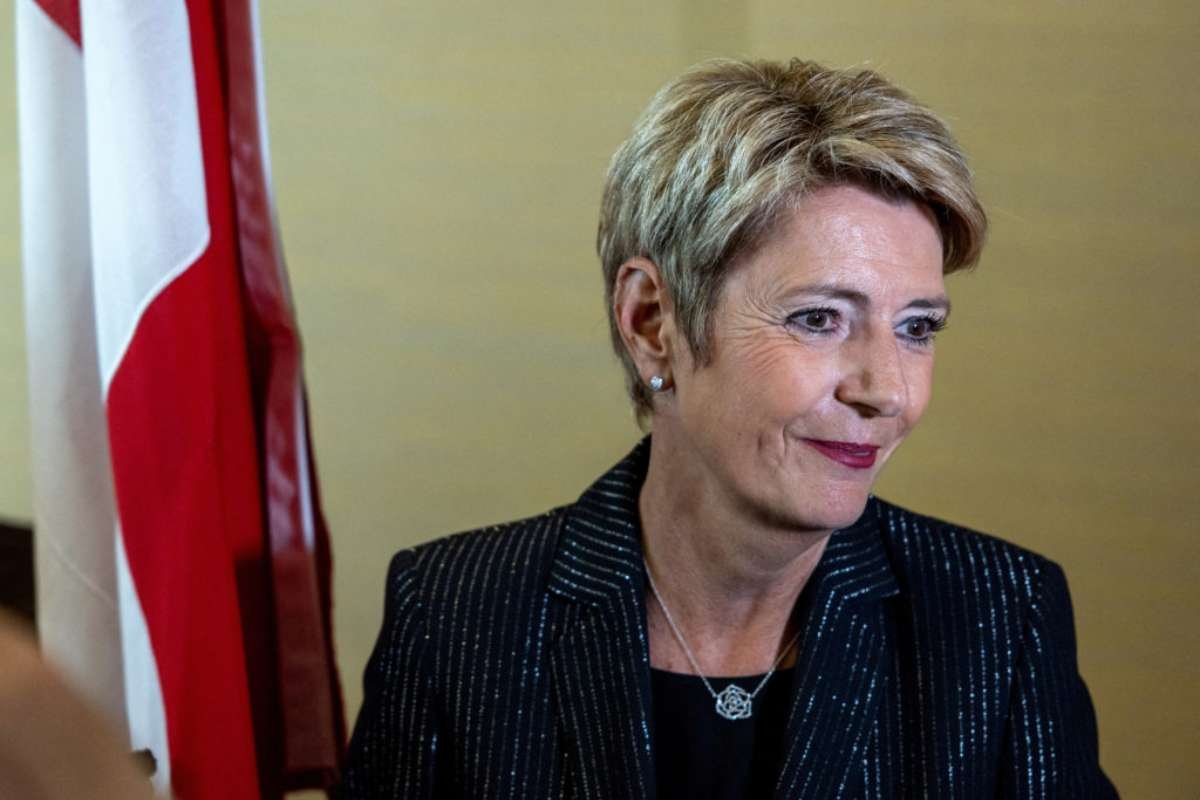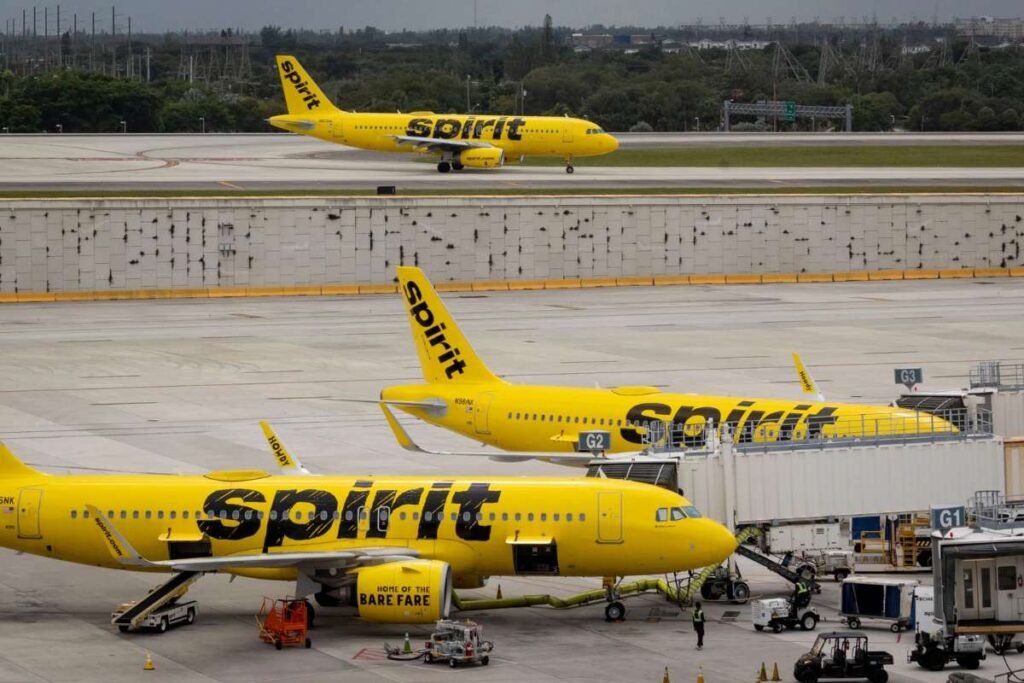Key Points:
- Swiss push to cut 39% U.S. export tariff
- Offer includes U.S. LNG imports, Swiss investments
- Tariff risks Swiss jobs; talks urgent before Aug 7
Switzerland’s top economic officials have traveled to Washington this week to present an updated trade proposal aimed at reducing a 39% U.S. tariff affecting major Swiss export industries.
Switzerland Aims to Rework Tariff Terms Following Sudden Hike
Switzerland has dispatched a high-level delegation to Washington in an urgent effort to reduce a recently imposed 39% U.S. tariff on Swiss goods. The delegation includes Swiss President Karin Keller-Sutter and Economy Minister Guy Parmelin, who are offering an enhanced trade proposal intended to address U.S. concerns and avoid disruptions to key bilateral trade flows.
The Swiss government confirmed on Tuesday that the visit aims to make a “more attractive offer” to the United States, with the objective of lowering the level of reciprocal tariffs applied to Swiss exports. The current 39% tariff is scheduled to take effect on August 7, marking a significant increase from the previously discussed 31% rate.
Swiss delegation officials noted that the updated offer under discussion includes expanded Swiss investments in the United States, including potential commitments related to U.S. liquefied natural gas (LNG) imports. These measures are being considered as part of a broader package of economic concessions to address bilateral trade imbalances and strengthen commercial ties.
Impact on Swiss Export Sectors and Trade Outlook
The tariff comes at a critical time for Swiss industries that are heavily export-oriented and closely integrated with the U.S. market. Trade associations have warned that the new duty could affect tens of thousands of jobs across multiple sectors, including precision machinery, pharmaceuticals, chemicals, food production, and luxury watchmaking.
According to data from the Swiss American Chamber of Commerce, Switzerland recorded a U.S. goods trade surplus of $4.2 billion in May 2025, following a deficit of $22 billion in January. The swing is largely attributed to pharmaceutical stockpiling ahead of an earlier round of U.S. tariff measures implemented in April.
Swiss delegation authorities maintain that their trade practices are fully compliant with global norms and have emphasized that the country eliminated tariffs on all industrial goods as of January 2024. As a result, more than 99% of U.S. exports to Switzerland currently enter the country without any import duty.
Multiple rounds of trade talks had taken place earlier this year between Swiss representatives and U.S. trade officials, including Treasury Secretary Scott Bessent and Trade Representative Jamieson Greer. Swiss negotiators believed a provisional agreement closer to a 10% tariff had been reached prior to the imposition of the 39% rate.
Economic Strategy and Negotiation Framework
In response to recent developments, Switzerland’s cabinet convened an extraordinary meeting on Monday to strengthen the involvement of its economic leadership in ongoing discussions with U.S. counterparts. Alongside Keller-Sutter and Parmelin, the Swiss delegation includes State Secretary for Economic Affairs Helene Budliger Artieda and State Secretary for International Finance Daniela Stoffel.
Economy Minister Parmelin has publicly indicated the country’s readiness to revise its trade offer, reinforcing Switzerland’s commitment to maintaining open and balanced economic relations with its key trading partners.
Both governments are expected to continue negotiations over the coming days in Washington, with the aim of resolving the tariff issue ahead of the scheduled implementation date. The Swiss side has expressed optimism that a mutually acceptable solution can be achieved that reflects the current state of trade flows and economic cooperation between the two countries.
Visit Enterprise Wired for the most recent information.










